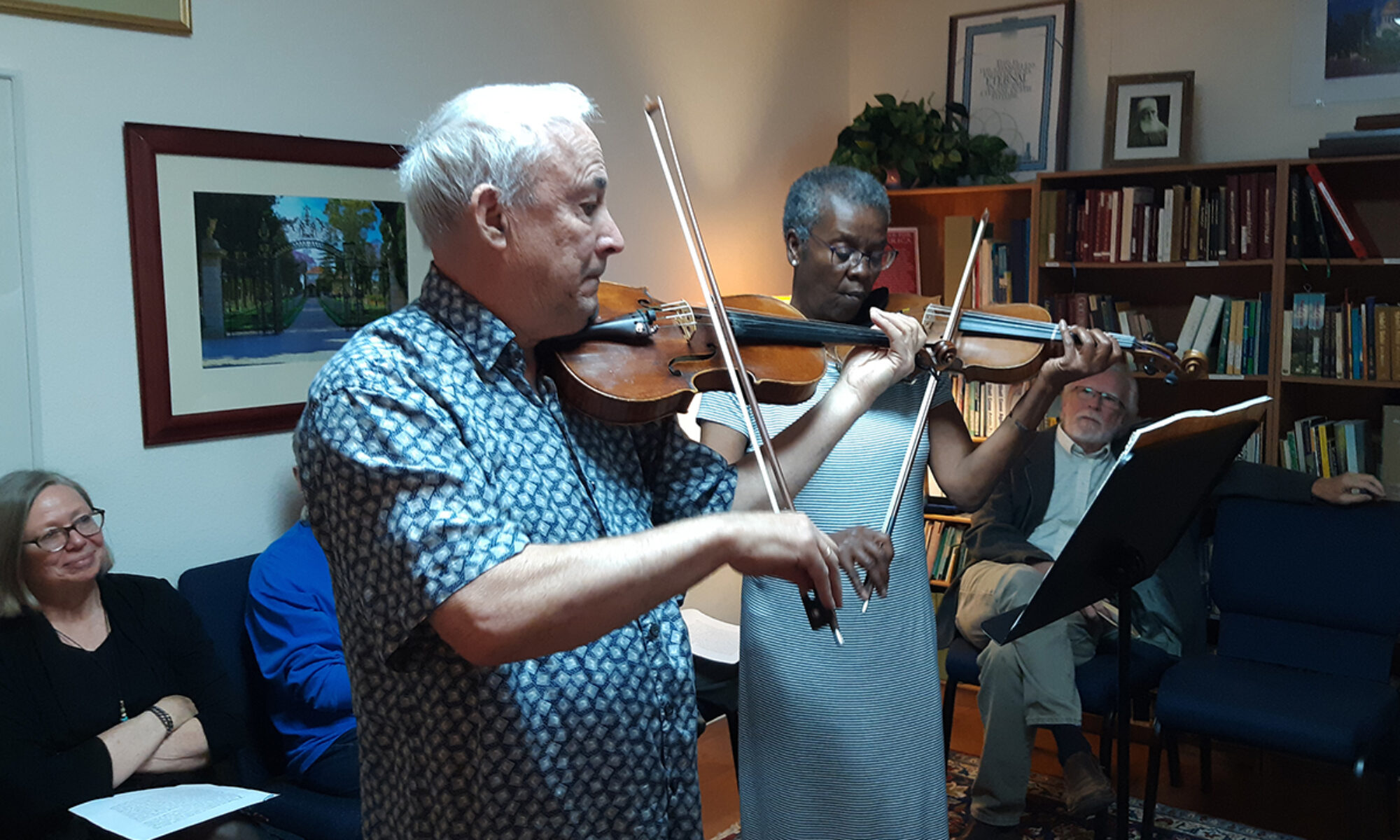Anniversary of the passing of Abdul Baha
The Bahá’ís of Las Cruces and the world are commemorating this month, the 100th anniversary of the passing of Abdu’l-Baha. A new film about this extraordinary man will be shown locally in January.
Abdu’l-Baha, who visited America in 1912, was the son of Baha’u’llah, the Prophet-Founder of the Baha’i Faith, and the appointed interpreter of his Father’s teachings. Called “The Master” by his Father, and titled “The Center of the Covenant”, Abdu’l-Baha travelled extensively, promoting the oneness of the human race, the common foundation of all religions, the equality of women and men, universal education for all, a global auxiliary language, the independent investigation of truth, the essential harmony of science and religion, the elimination of all prejudice and universal peace.
The popularity of these noble principles had frightened the Ottoman Empire into imprisoning his family in Palestine for 40 years. But the Empire’s efforts to quash the Baha’i Faith were in vain. Today, it is among the fastest-growing world religions with more than 7 million members. Baha’i communities are found throughout the world — including here in Las Cruces.
Abdu’l-Baha’s Christ-like behavior and teachings won the hearts of Americans wherever he spoke. In Washington DC, Congress adjourned early so the Senators and Congressmen could meet the venerable “Prophet from the East” (as one newspaper called him). His receptions in Europe and the Middle East were much the same. When he passed away in Haifa, Palestine in 1921, his funeral was attended by 10,000 admirers of many nations and creeds. And today, 100 years after his passing, his life is still celebrated.
Today at the Baha’i World Center in Haifa, Israel, the Baha’is are constructing the Shrine of Abdu’l-Baha on the plain of Akka. It is expected to draw tens of thousands of visitors each year.
Carl Ewing, chairman of the Spiritual Assembly of the Bahai’s of Las Cruces
Published in the Las Cruces Sun News, November 22, 2021
https://www.lcsun-news.com/story/opinion/2021/11/21/letters-editor-shopping-local/8699805002/



